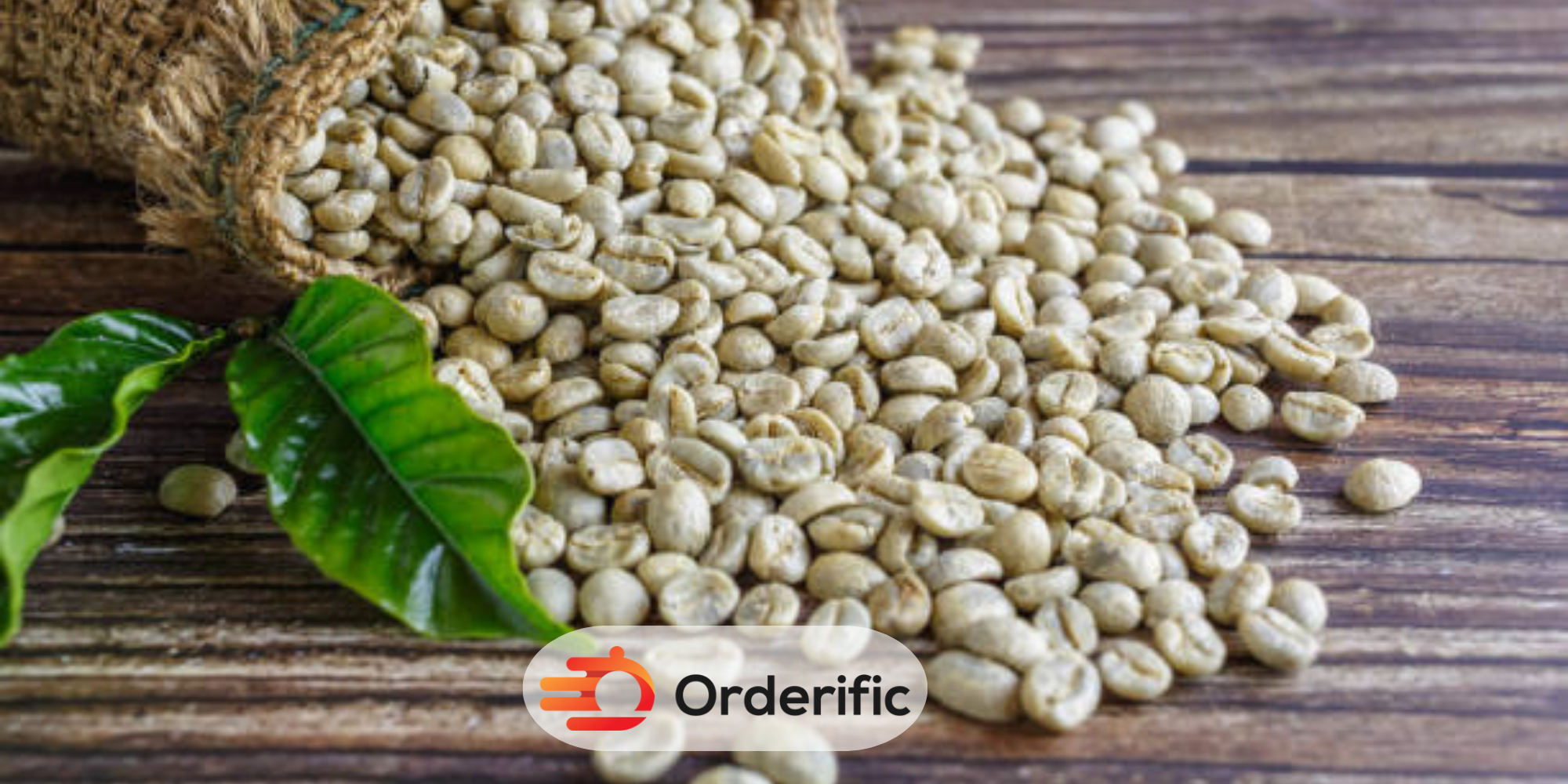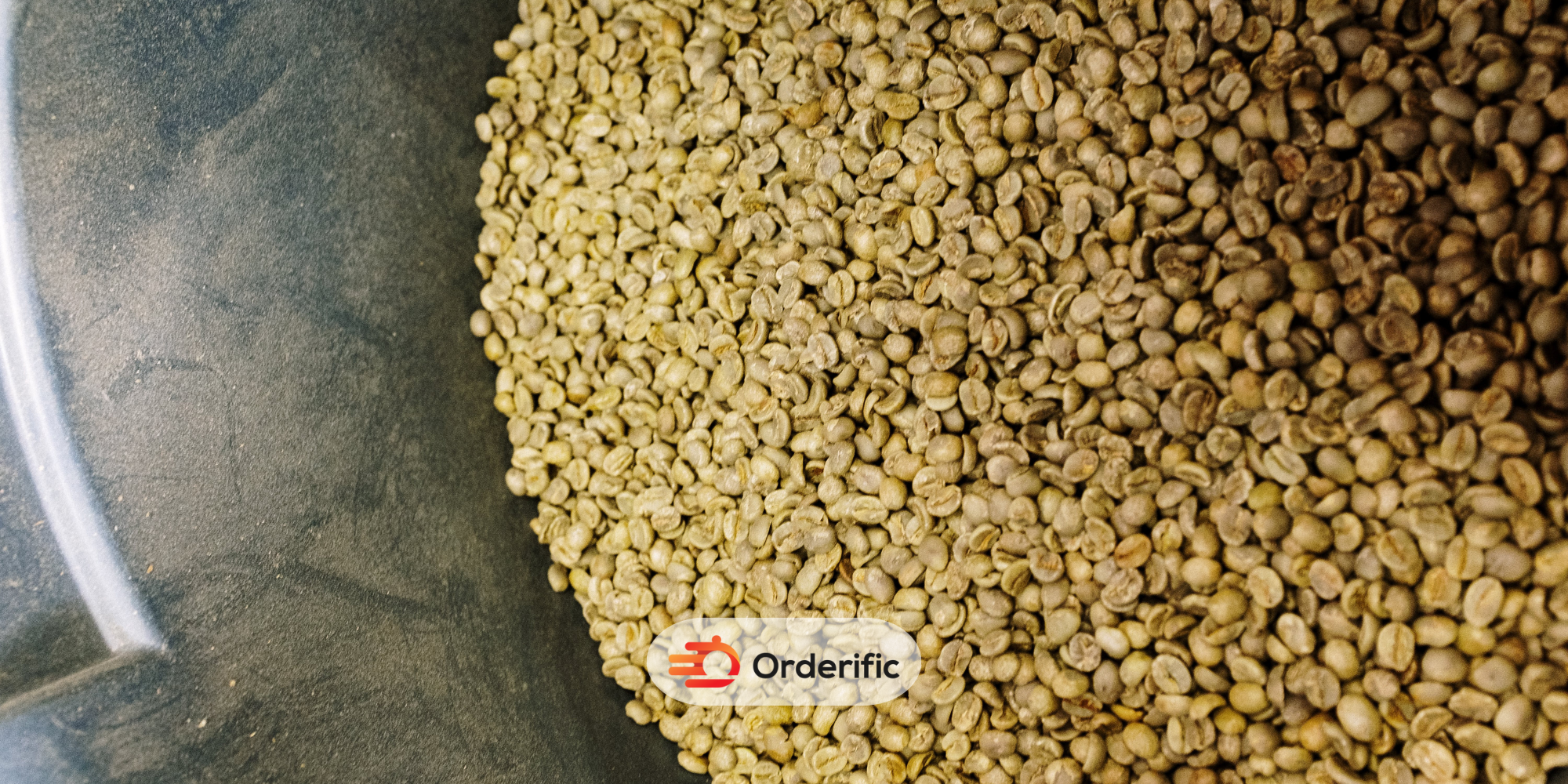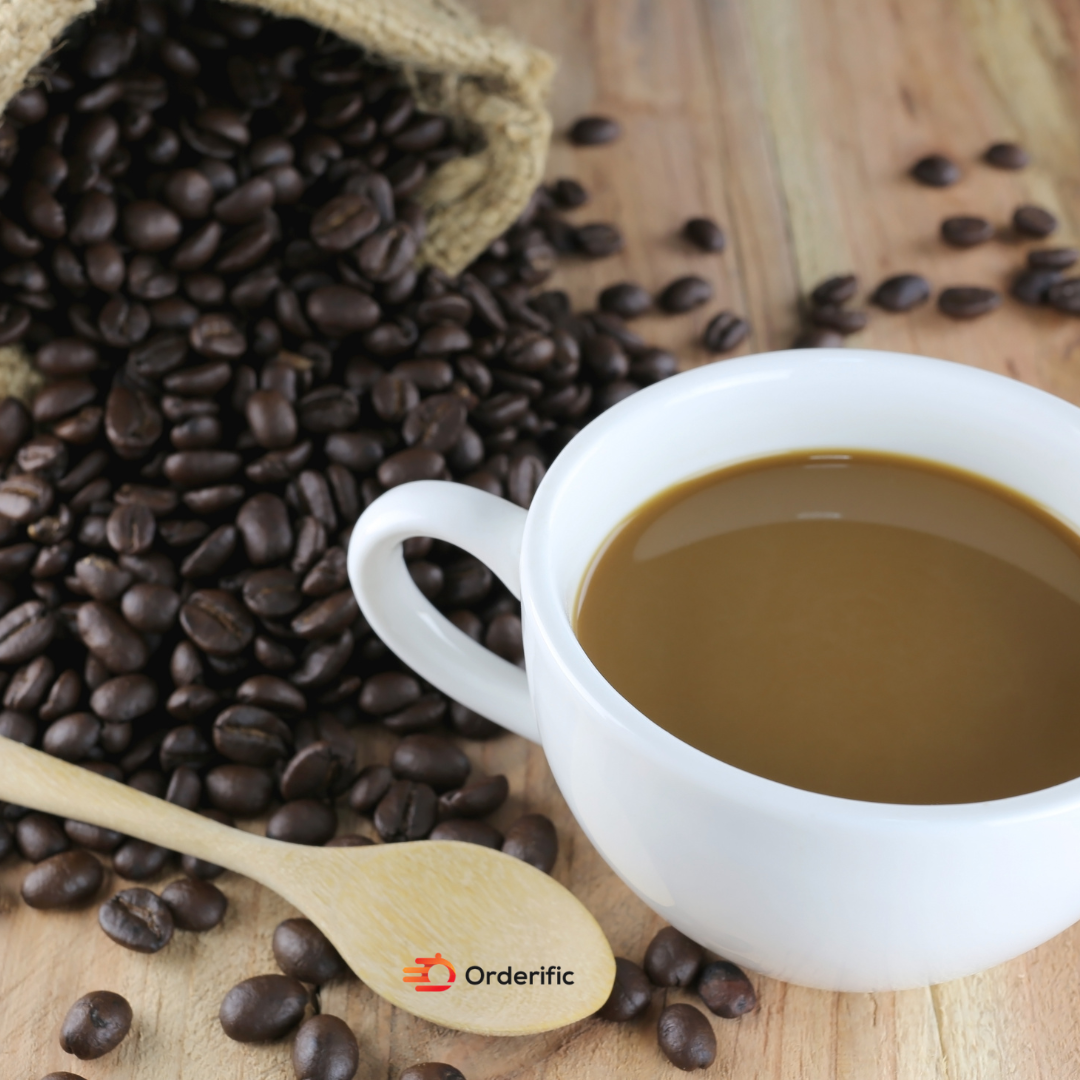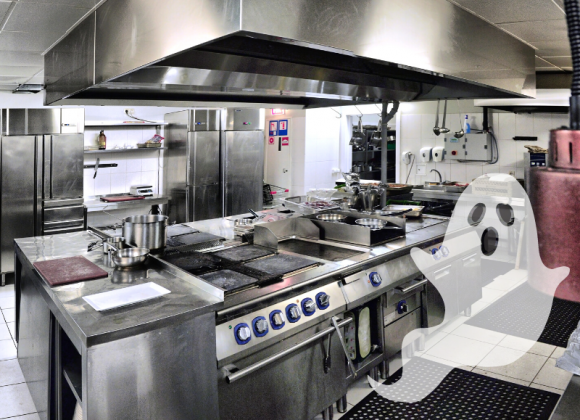
Coffee has become a necessity in many individuals’ day-to-day schedules, giving the genuinely needed jolt of energy to launch the day. While conventional dark espresso has forever been well known, a rising star in the coffee world is catching the consideration of espresso fans around the world – white coffee.
In this blog, we’ll dive into the origin of white coffee, understand its difference from dark espresso, figure out how to make it, uncover its caffeine content, feature its advantages, examine brewing, and give knowledge into where you can track down this extraordinary and delightful refreshment. Prepare to begin a journey to find everything to be familiar with white coffee!
What is White Coffee?
White coffee is an extraordinary kind of espresso that is simmered at a lower temperature and for a more limited time contrasted with conventional dark espresso. The outcome is an exceptional mix with a lighter tone, milder flavor, and less acidity.
Not at all like its name suggests, white coffee isn’t white in any way; it’s really a light yellow or light earthy colored shade. The unmistakable taste profile makes it a reviving option for those looking for a less intense and smoother coffee experience.
Where Does White Coffee Come From?
White coffee has its roots in Malaysia, where it has a well-established history and is profoundly imbued in their culture. The coffee bean used to make it are ordinarily obtained from the northern district of Malaysia, mostly from the territories of Perak and Penang. These districts are known for developing Arabica espresso beans, which are utilized solely to make white coffee.
The unique roasting process is a closely guarded secret passed down through generations, making white coffee a regional specialty.
White vs. Black Coffee
White coffee stands separated from its hazier partner, dark espresso, in more ways than one. First and foremost, the roasting is unique. White coffee goes through a lighter roast, bringing about a milder flavor and diminished acidity contrasted with a darker roast.
Also, the caffeine content of white coffee varies. While black coffee is known for its high caffeine content, white coffee has a somewhat lower caffeine level because of the more limited roasting time. So it becomes a go-to choice for people who do not like too much caffeine or favor a smooth espresso experience.
How to Make White Coffee
Making white coffee requires a particular kind of brewing to get its remarkable flavors. Here is a guide to assist you with making a perfect cup:
- Start with Fresh Beans: Select high-quality white roast beans. Look for beans labeled specifically for white coffee, apart from regular beans to ensure the best results.
- Grind the Beans: Grind the beans to a medium-fine consistency, similar to the grind used for drip coffee. This helps to maximize flavor extraction during brewing.
- Utilize Filtered Water: Fill your espresso maker or pot with filtered water to improve the flavor.
- Brew Time and Temperature: Set your espresso maker to a lower temperature, around 180°F (82°C). Brew the coffee for roughly 4-5 minutes to get the best flavors.
- Enjoy: Pour it into your favorite cup or mug once brewed. You may choose to add steamed milk, sweeteners, sweetened condensed milk or even milk foam to taste, although it is typically enjoyed black.
Does White Coffee Have More Caffeine?
Contrary to popular belief, white coffee doesn’t have more caffeine than black regular coffee. The lighter roast actually results in a slightly lower caffeine content. This is on the grounds that the caffeine is scorched off somewhat during the more limited roasting process.
Nonetheless, it’s vital to note that the specific caffeine content can fluctuate contingent upon variables, such as the kind of bean utilized and the brewing method. In the event that you’re especially sensitive to caffeine, white coffee might be a reasonable decision for a softer caffeine kick.
What Are the Benefits of White Coffee?
White coffee offers a range of benefits that set it apart from other drink varieties. Here are some notable advantages of incorporating it into your daily routine:
Less Acidity
The light roasting process of white coffee results in a milder and less acidic flavor profile. This makes it a gentler option for individuals with sensitive stomachs or acid reflux issues.
Unique Flavor
It boasts a distinct flavor profile characterized by subtle nutty and floral notes. It offers a delicate and smooth taste that appeals to those who prefer a less bitter coffee experience.
Lower Caffeine Content
As referenced prior, it contains somewhat less caffeine than its darker partners. So it becomes a reasonable decision for people who need to restrict their caffeine consumption without settling on flavor.
Antioxidant Properties
Like dark espresso, white coffee contains antioxidants that can assist with combating bad elements in the body. Antioxidants are known to have different medical advantages, including lessening specific illnesses.
How Do You Brew Beans?
To brew white coffee beans, following a specific method to achieve the best flavor extraction is essential. Here’s a simple guide to brewing:
- Grind the Beans: Use a burr grinder to grind the beans to a medium-fine consistency.
- Water Temperature: Heat water to around 180°F (82°C), ensuring it’s not boiling hot to preserve the delicate flavors.
- Brew Time: Add the ground beans to your preferred brewing device. Brew the coffee for approximately 4-5 minutes to extract the flavors effectively.
- Strain and Serve: Strain it into a cup or mug once the brewing is complete. Savor the unique flavors and enjoy your freshly brewed coffee.
Where Can I Buy White Coffee?
While white coffee was traditionally only found in Malaysia, its popularity has spread globally and is now available in various locations. You can find it in a specialty coffee shop, select supermarkets, and online retailers. When purchasing white coffee, ensure that the beans are labeled specifically for it to guarantee an authentic and enjoyable experience. Do some research, read reviews, and explore local options to find the best sources near you.
Conclusion
White coffee offers an enrapturing and particular experience, with its light roast, milder flavor, and lower acidity contrasted with black coffee which has a dark roast. With its origins in Malaysia, it has become world-renowned because of its exceptional characteristics.
Understanding the differences between white coffee and black, learning the brewing techniques, and exploring its benefits can enhance your appreciation for this delightful beverage. So, why not embark on a journey and savor the subtle flavors this fascinating coffee variety offers?
Check out Orderific for more such fascinating blogs!












